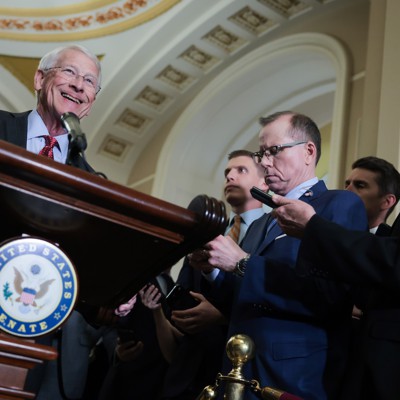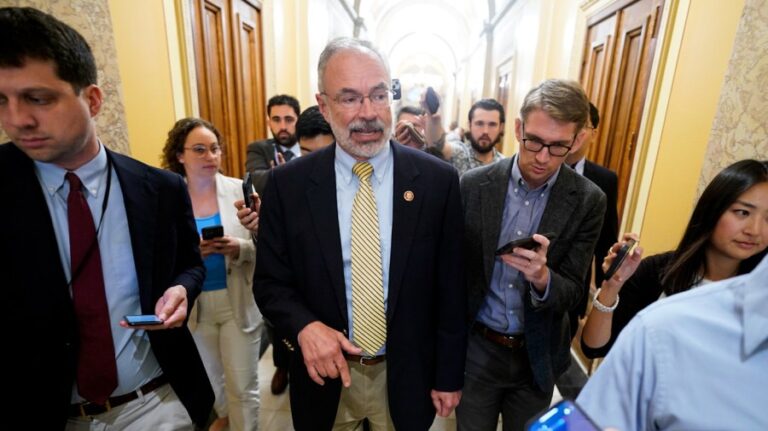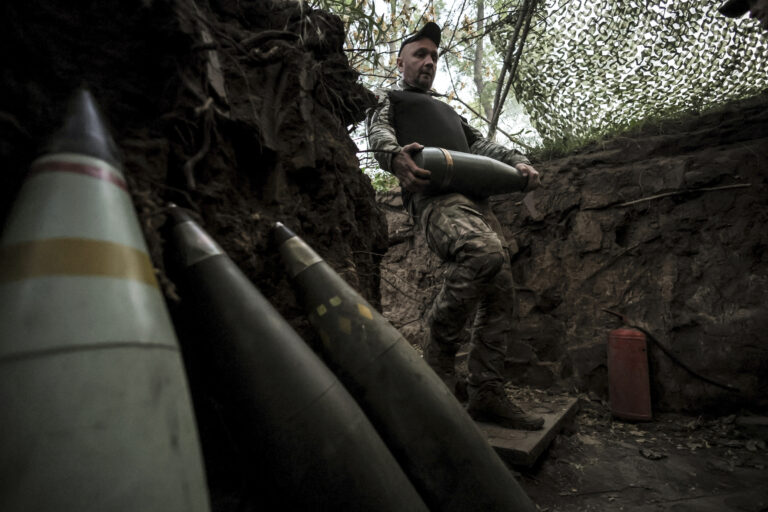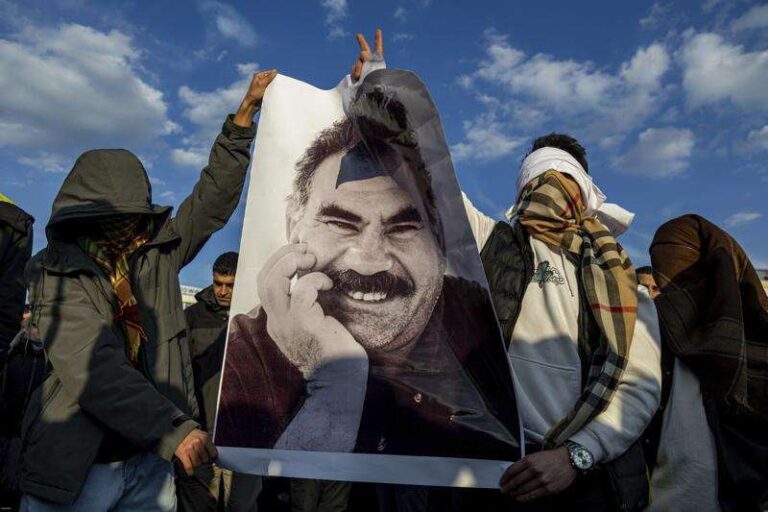With political violence on the rise across the United States, concerns are mounting about its potential impact on communities like Vermont. Questions loom over whether state legislators require increased security measures or if public officials are at heightened risk of attack. While the instinct may be to focus solely on bolstering safety protocols, experts suggest that fostering friendships and community bonds could be a more effective long-term solution.
Political violence has become a troubling trend in recent years, with incidents ranging from verbal threats to physical assaults. This uptick in aggression has prompted a nationwide debate about the best strategies to protect those in public service. However, some voices advocate for an approach that goes beyond mere security enhancements.
The Role of Friendship in Mitigating Violence
Meg Mott, a political theorist and commentator, argues that building genuine friendships across political divides could be crucial in reducing hostility. “When people see each other as friends rather than adversaries, the likelihood of violence diminishes,” Mott explains. This perspective challenges the conventional focus on security, suggesting that interpersonal connections can serve as a buffer against conflict.
Historically, societies have witnessed the power of community cohesion in maintaining peace. During the civil rights movement, for instance, grassroots efforts that emphasized unity and understanding played a significant role in advancing social change without resorting to violence.
Expert Opinions and Historical Context
Experts in conflict resolution support the idea that fostering dialogue and relationships can mitigate tensions. Dr. Lisa Feldman Barrett, a renowned psychologist, notes, “Human beings are inherently social creatures. Our brains are wired to connect, and these connections can help de-escalate potentially volatile situations.”
Looking back, there are several instances where friendship and dialogue have been instrumental in resolving disputes. The Good Friday Agreement in Northern Ireland, which ended decades of sectarian violence, was achieved through sustained negotiations and building trust among conflicting parties.
“The Good Friday Agreement is a testament to the power of dialogue and friendship in overcoming deep-seated animosities.” – Dr. Lisa Feldman Barrett
Implications for Vermont and Beyond
The implications of adopting friendship as a strategy to combat political violence are profound, especially for smaller communities like Vermont. By encouraging civic engagement and fostering environments where diverse opinions are respected, the state could set a precedent for others to follow.
Community programs that promote interaction among different political groups could be a practical step forward. Such initiatives not only reduce the risk of violence but also enhance the democratic process by ensuring that all voices are heard and valued.
Looking Ahead: Building a Culture of Understanding
As the nation grapples with the challenges of political polarization, Vermont’s potential embrace of friendship as a countermeasure to violence could offer a model for other states. By prioritizing human connections over divisive rhetoric, communities can create a more inclusive and peaceful environment.
In conclusion, while security measures remain important, they should not overshadow the fundamental need for empathy and understanding. As Meg Mott and other experts suggest, the path to ending political violence may well begin with a simple act of friendship.
























